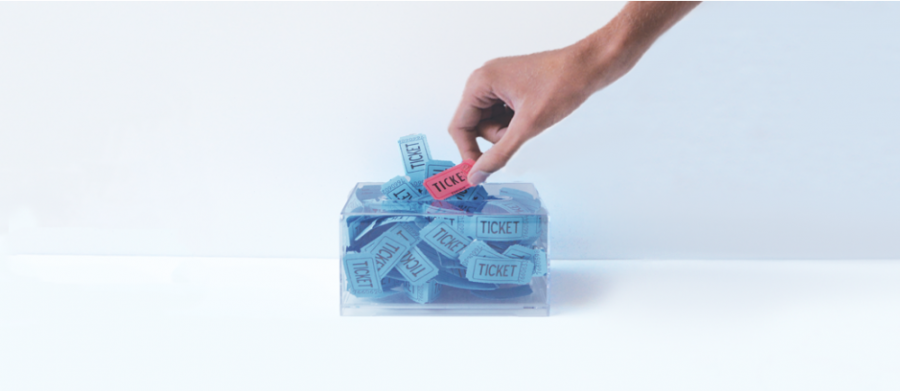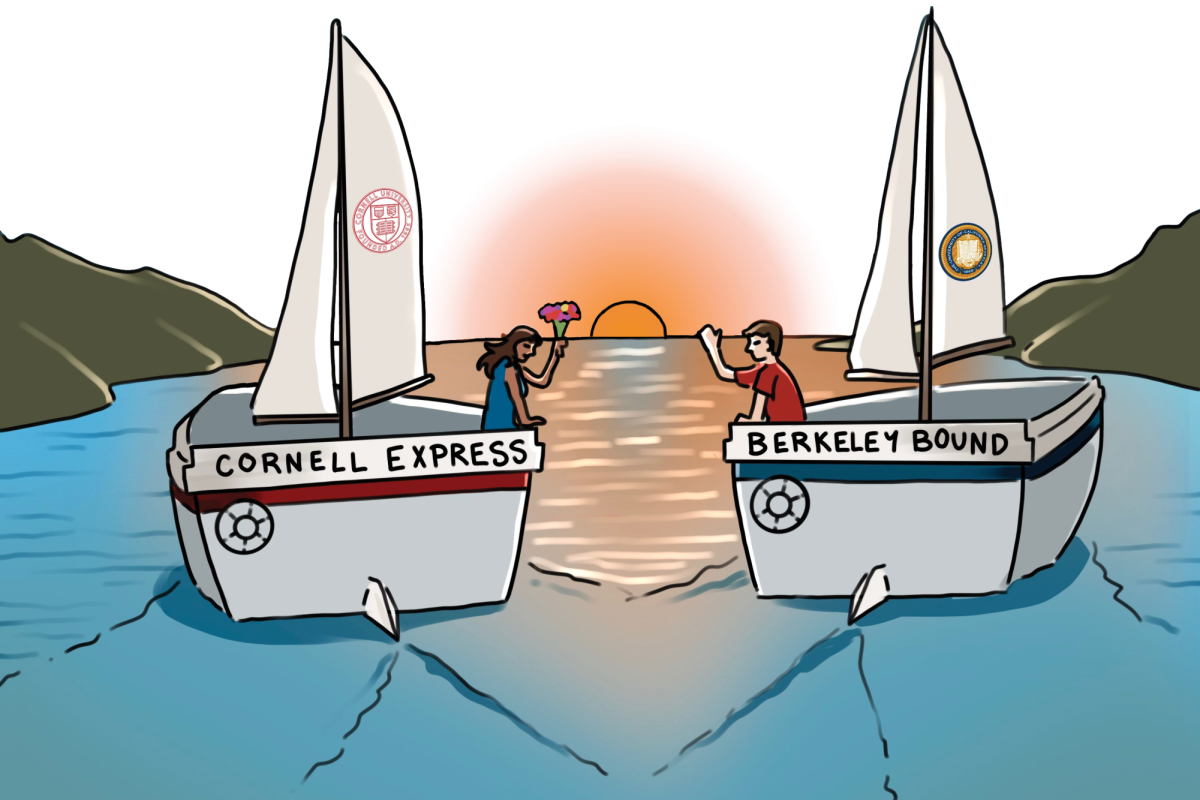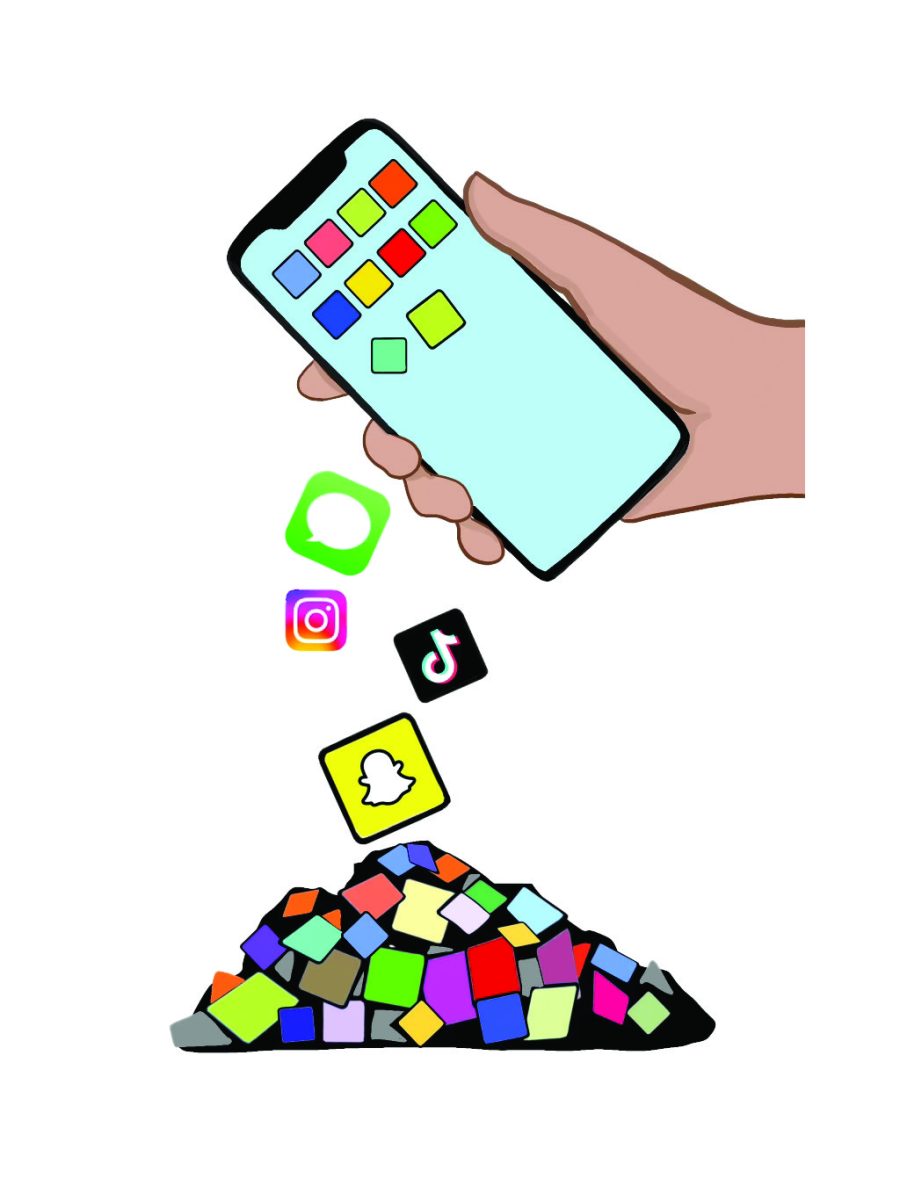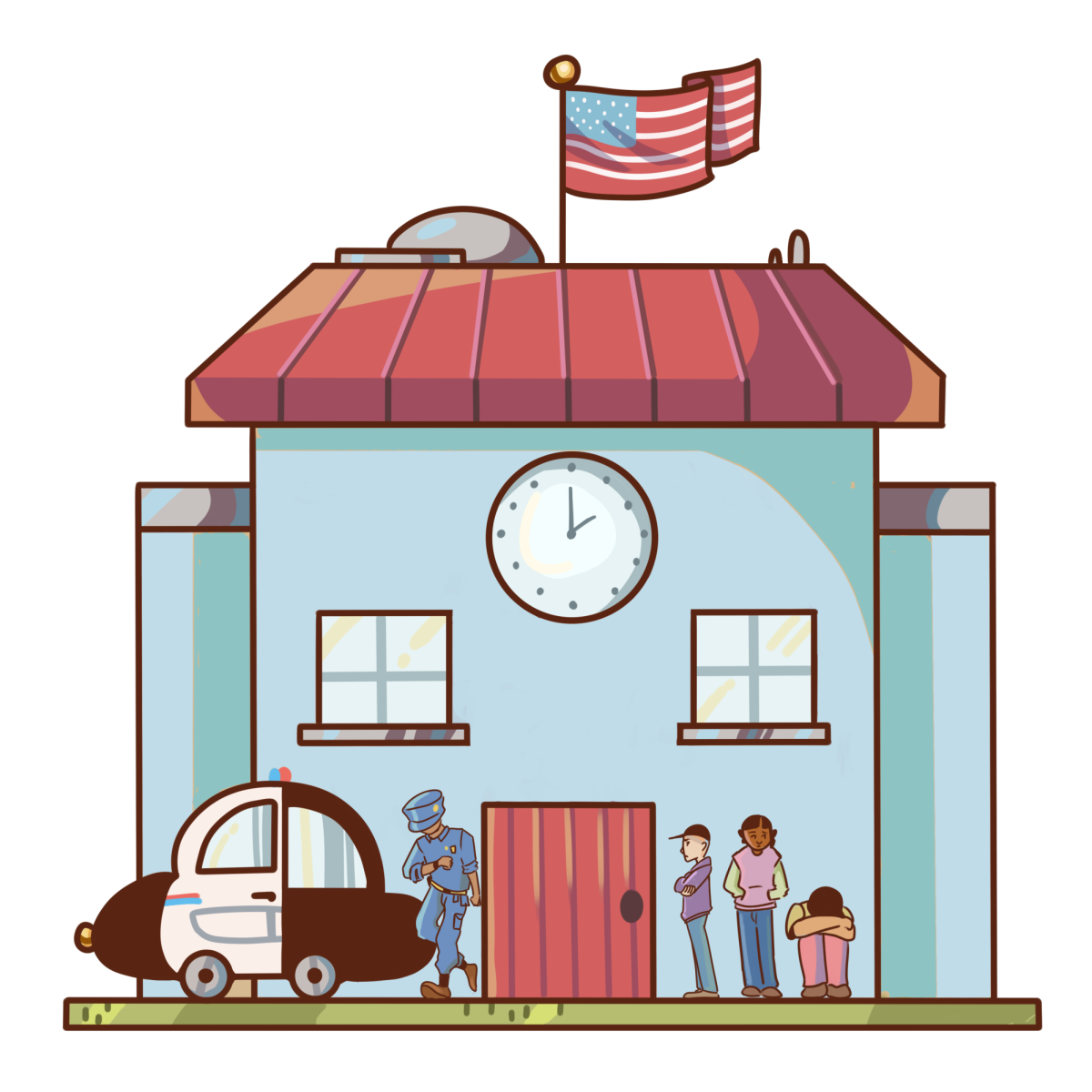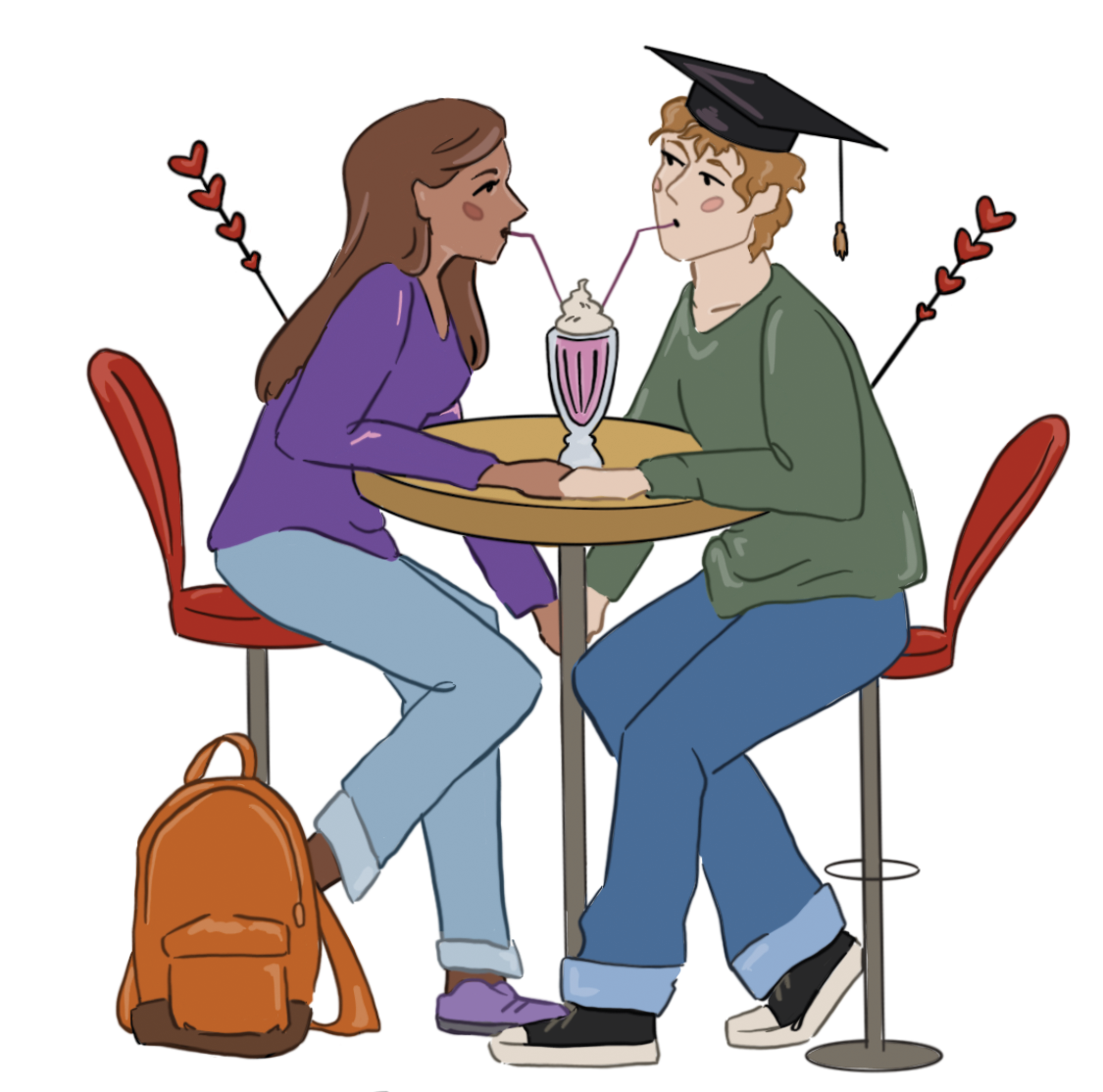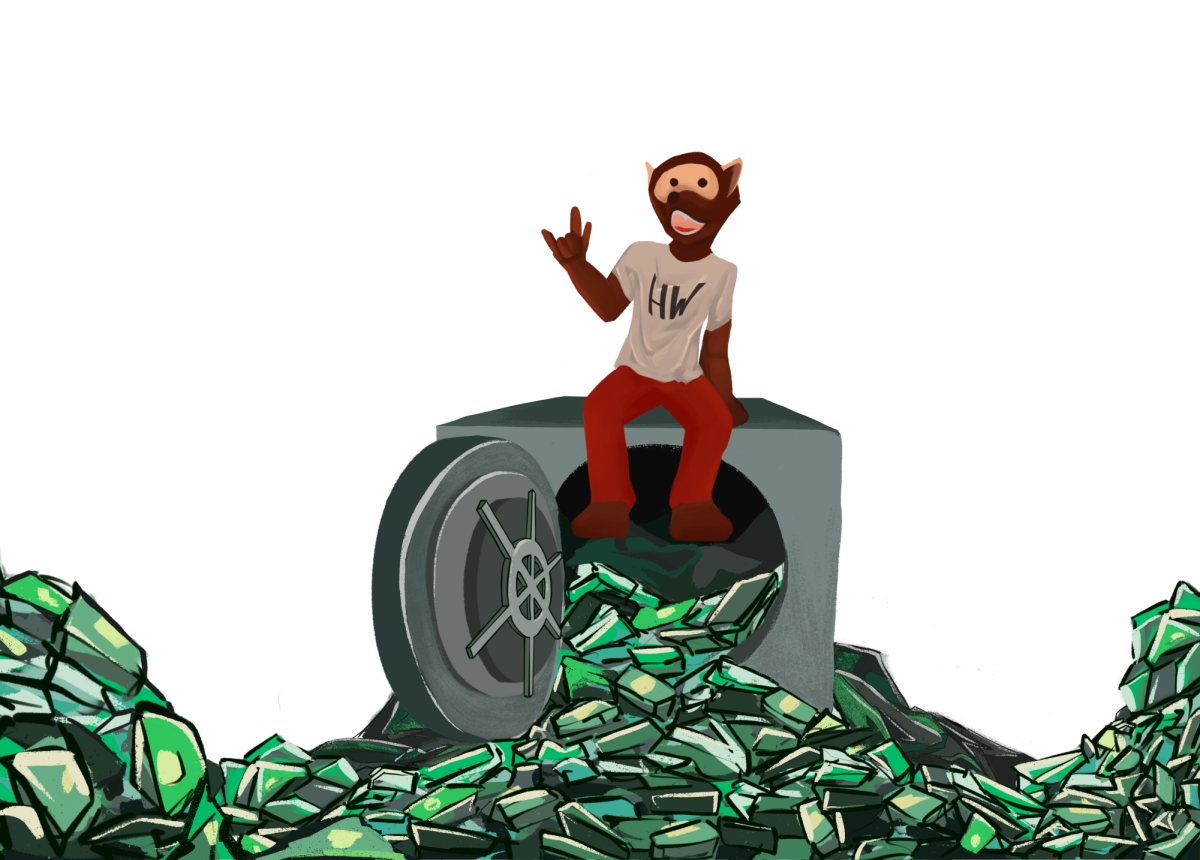As Patrick’s* ’18 sophomore English class prepared to pack up, he was halted by the sharp words of his teacher in response to a student’s comment about current events: “If you support Trump, get out,” the teacher’s words blared across the room.
“I think a lot of people felt restrained in what they could say [in the class],” Patrick said. “Even if they shared a lot of similar liberal values with the teacher, they feared a misstep would cost them dearly.”
Lisa*, another student in the class, said the teacher’s comment also made her feel uncomfortable.
“What it says is, ‘If you don’t agree with me on politics, then you’re wrong,’ and it’s saying that you have to have one certain opinion or you’re not welcome,” Lisa said.
For students like Natalie Winters ’19, feeling like the only conservative voice in the room is not unusual. A Chronicle poll of 255 students found that 23 percent view themselves as more conservative than liberal, demonstrating a conservative minority. Winters said feeling comfortable openly sharing her views has been an issue.
“I’m always having to evaluate and truly understand my views because I feel whenever I get into political discussions, I’m always being attacked with ad-homonym words like I’m a racist, a sexist, a bigot or a transphobe, and that forces me to really research all of my positions,” Winters said.
For Winters, better understanding her own views involves reading both liberal and conservative news sources, she said. However, she said that her most trusted news source is definitely Breitbart [News].
While 66 percent of students said being in Harvard-Westlake’s political climate has made them more liberal, Julia Hahn ’09 and Breitbart News Editor-in-Chief Alex Marlow ’04 took a different course.
With ties to the Trump administration and a “protégé of [former White House chief strategist] Steve Bannon,” according to a New Yorker article, Hahn’s writing has been critiqued as inflammatory and extremely right-wing. When she was a Breitbart reporter, one of her articles was titled “Clinton Releases Plan to Dissolve U.S. Border Within 100 Days.”
According to a Politico article, Marlow’s “political consciousness was shaped by living in a multicultural area where he thinks liberals were too accepting of the changing demographics.”
Though California has not voted for a Republican presidential candidate since 1988, a recent Los Angeles Times article cited Southern California as an origin point of a new kind of political conservatism, with tangible connections to Harvard-Westlake. The article listed figures such as Andrew Breitbart, President Donald Trump’s senior policy adviser Stephen Miller, Bannon, Hahn and Marlow, and their ties to Southern California and, specifically, Los Angeles.
Winters said she understands the notion of shifting politically right as a result of a primarily liberal environment.
“You can’t even challenge the policies that you deem to be failing around you,” Winters said. “When you’re talking to your friends or having a debate and you can’t even truly express your opinions because you’re scared someone will judge you, that’s how you push people to the right.”
Although Winters said she believes there is much more to a person’s identity than their political views, she also said that one’s views can sometimes be very significant.
“Alex Marlow and Julia Hahn obviously have careers in politics, so that’s a big part of their identity,” Winters said. “Being forced to compromise or even lie about major components of who you are is hard and it hurts.”
Ultimately, however, through recent positive experiences with teachers and in class, Winters said she has come to appreciate engaged political discussion and debate.
Davis Ford ’18, who also describes himself as conservative, has seen his views change during his time at Harvard-Westlake. Ford said his exposure to a predominantly liberal environment has given him a unique outlook.
“Being a Harvard-Westlake student and a kid that’s grown up in a conservative household, it has actually been quite interesting to see my own political beliefs and ideas change throughout the years,” Ford said. “Living in this bubble you’re constantly bombarded with a lot of liberal media, which is not necessarily a bad thing. I definitely learn a lot from the other side of the spectrum by living in this bubble. I think I’ve gone a little more center, especially on social issues.”
He attributes some of these changing views to be a byproduct of his environment.
“I used to be against Planned Parenthood because I thought it was soaking up tax dollars,” Ford said. “I read into [Planned Parenthood] and now I totally believe in it.”
Ford said he believes people with differing political perspectives should turn to civil discussion, rather than argument, to better understand their views.
“The biggest issue is when people say they want to discuss, but it just turns into more of an argument than a discussion,” Ford said. “When people are yelling at each other, nothing is getting accomplished there.”
History teacher Dror Yaron said he agreed with Ford’s perspective on the benefits of active discussion of controversial issues.
“You break down discourse by conversation, by argument,” Yaron said. “The Trump phenomenon introduced a whole new label that’s emerging as we speak in terms of ideational politics. Students need to be fully educated on terminology. It’s not hard and fast-identified.”
In his own classes, Yaron said he encourages debate by utilizing deliberately contradictory sources to prompt discussion.
Winters said she partially attributes unrest among more conservative students to the feeling of being marginalized.
“That’s how you create conservatives,” Winters said. “Whether they’re a man or a woman, white or black, guilting someone for something they have no control over, like being a white man, is not humane and it’s not kind.”
Ford, too, said he has observed unfair labeling of conservatives.
“ ‘All white cis males are the evil of this world’– talk like that is terrible and what creates a divisive community,” Ford said. “I think a lot of people would argue that this is my white self struggling to give up power. But that, in my opinion, is dangerous. It’s adjusting to change.”
*Names have been changed.


























